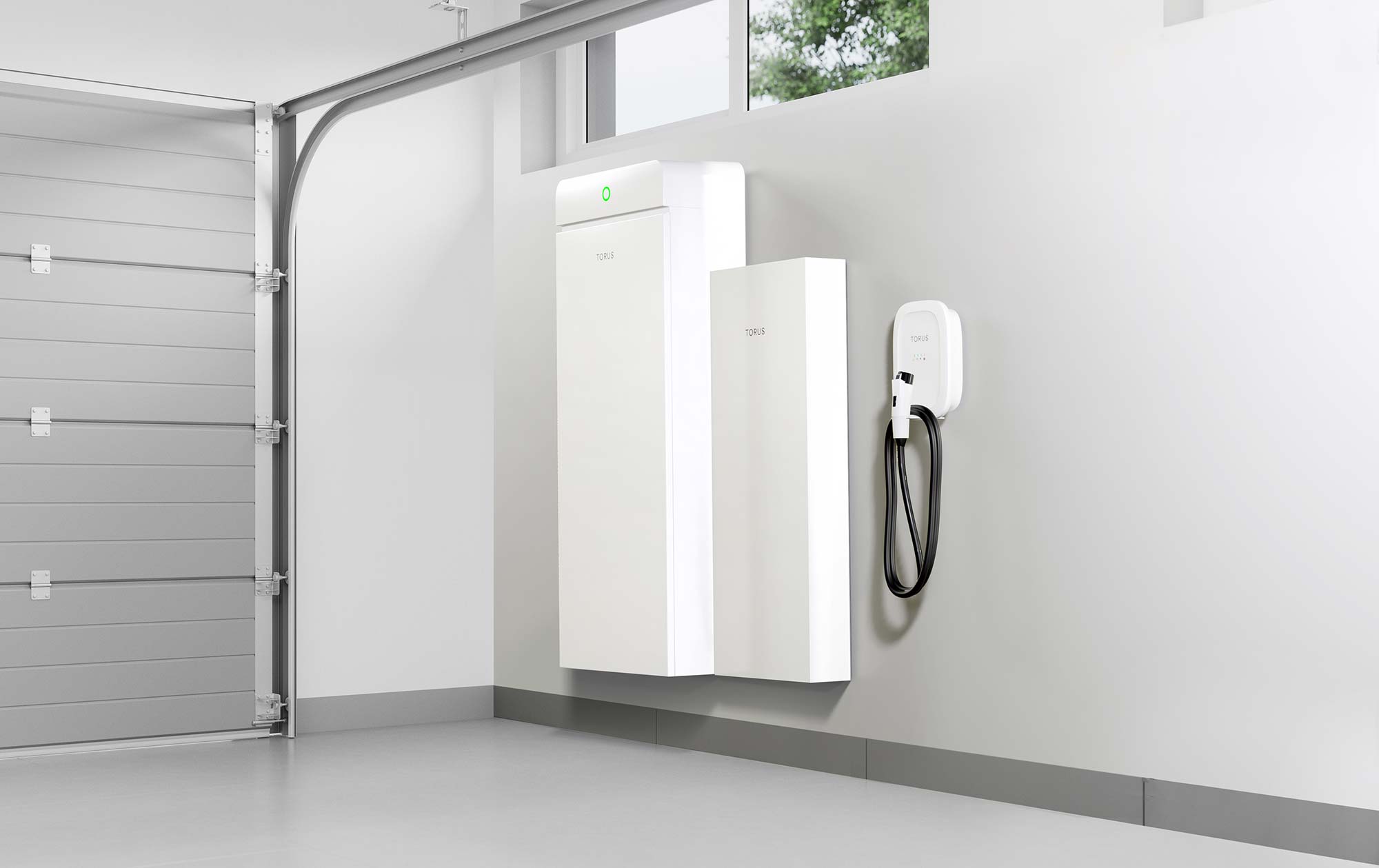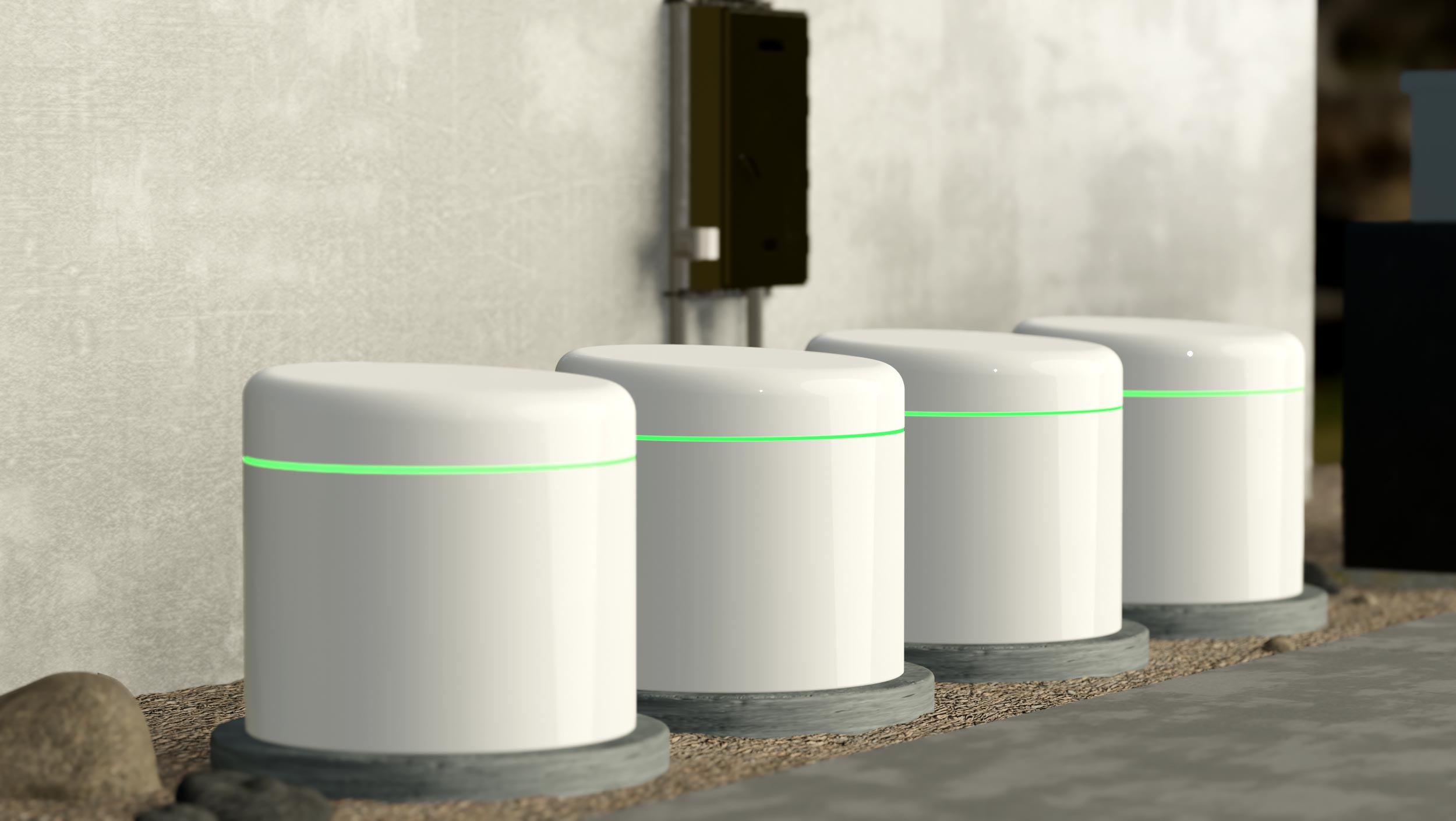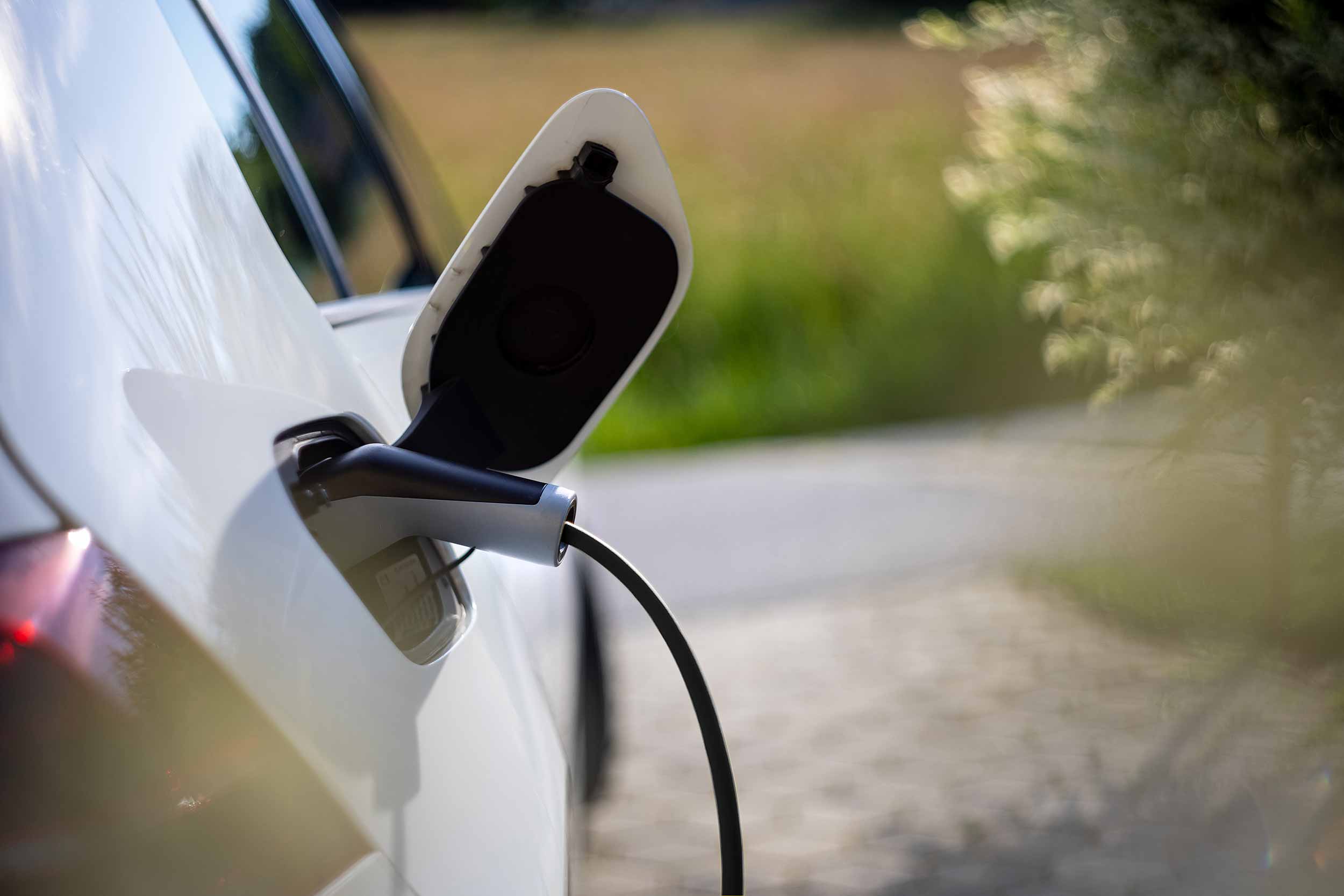What Are the Pros & Cons of Solar Energy?
Understanding the key tradeoffs of solar power
Solar energy has gained significant popularity as a clean and renewable source of power. It offers numerous advantages in terms of sustainability and energy independence. But like any energy source, solar energy also presents certain challenges and considerations. We’re breaking down a few of those challenges and benefits, as well as environmental impacts, below.
Pros of Solar Energy:
- Renewable and Sustainable: Solar energy is derived from sunlight, making it a renewable resource that is abundant and accessible in many regions. As long as the sun continues to shine, solar energy can be harnessed, ensuring a clean, sustainable source of power for generations to come.
- Reduced Carbon Emissions: Solar power produces electricity without emitting greenhouse gases or other pollutants associated with fossil fuel-based energy generation. By utilizing solar energy, we can significantly reduce carbon dioxide emissions and mitigate the impact of climate change.
- Energy Independence: Installing solar panels on homes or businesses allows for energy self-sufficiency. Solar energy empowers individuals and communities to generate their electricity, reducing reliance on centralized power grids and promoting energy independence.
- Low Operating Costs: Once solar panels are installed, the operating costs of solar energy systems are relatively low. Solar power requires minimal maintenance, and the fuel source—sunlight—is free. Over time, solar energy can lead to substantial cost savings on electricity bills.
- Job Creation and Economic Growth: As the solar industry grows, it provides employment opportunities and contributes to local economies. As the demand for solar installations increases, more jobs are created in manufacturing, installation, and maintenance sectors, supporting economic growth.
Challenges of Solar Energy:
- Initial Cost: The upfront cost of purchasing and installing solar panels can be a significant barrier for some individuals and businesses. However, declining prices and various financing options, including loans and leasing, have made solar energy more accessible in recent years.
- Intermittent Nature: Solar energy production is dependent on sunlight availability, making it intermittent. Energy storage systems, such as batteries, address this issue by storing excess energy for later use during cloudy periods or at night.
- Land and Space Requirements: Solar power plants or large-scale installations require considerable land or rooftop space. This can be a constraint in densely populated areas or where land availability is limited. However, technological advancements, such as solar panels with higher efficiency, are reducing space requirements. As the solar industry evolves, continued innovation and responsible practices will further enhance its sustainability, making solar energy an integral part of our transition towards a clean and sustainable future.
The Torus Station is the most effective way to create, store, and manage clean, renewable energy at home.
Curious? Learn More.
Interested in a free consultation? Get in Touch
Ready to commit? Customize your system




